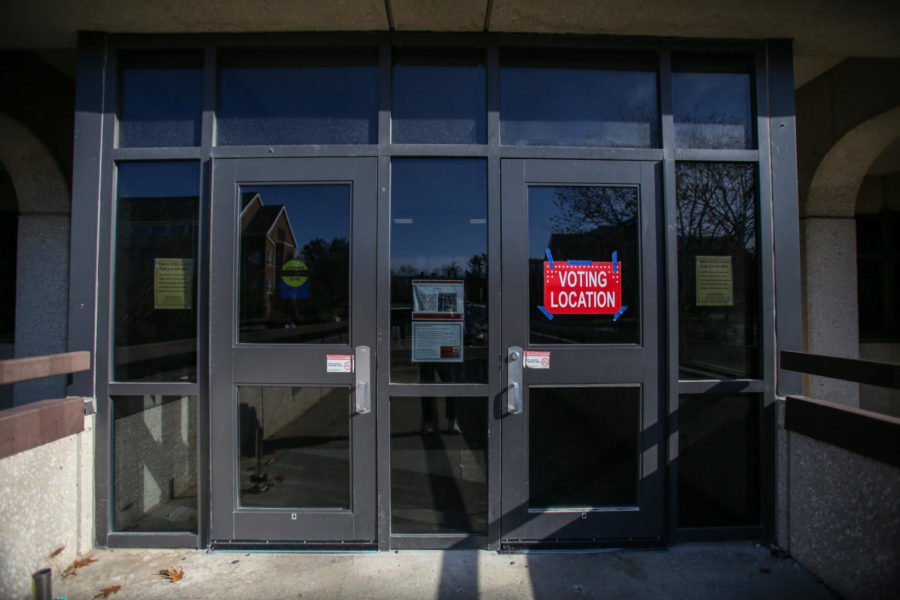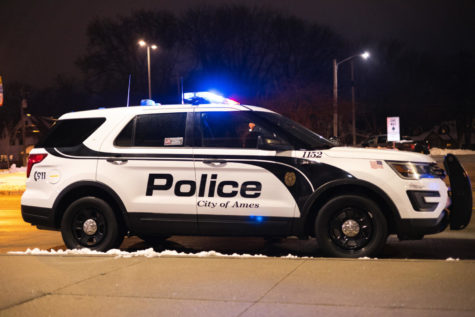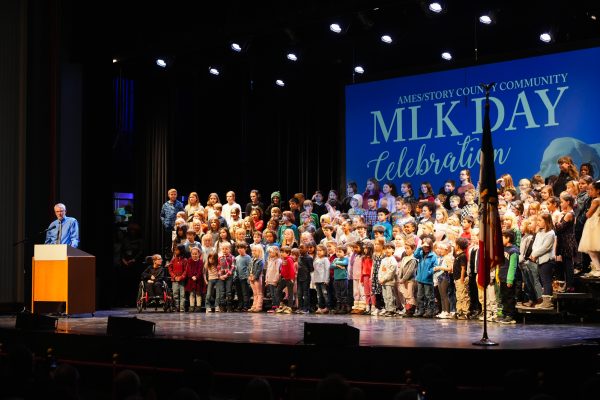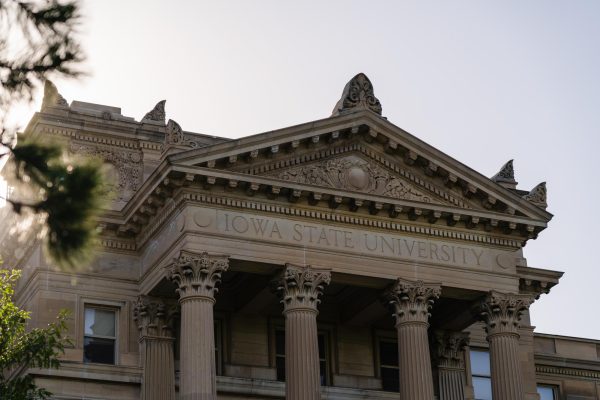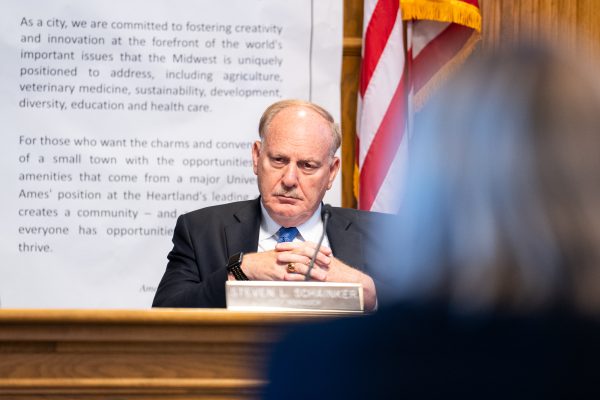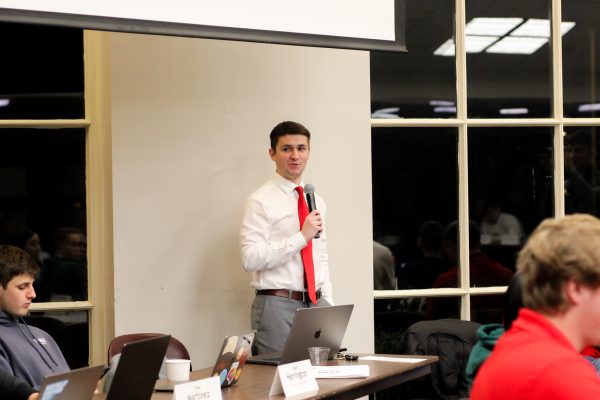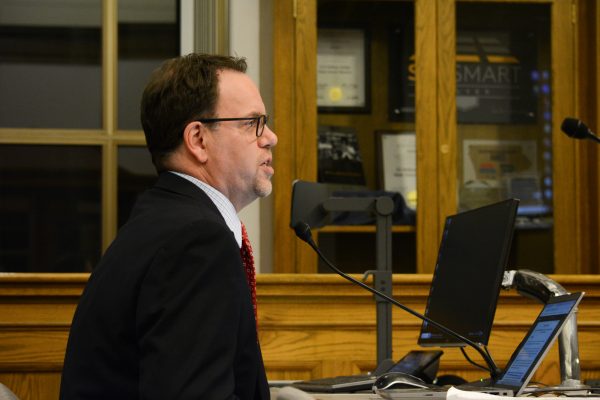Record young voter turnout since 2002
A sign outside of Maple Residence Hall reads “Voting Location” on Tuesday Nov. 8, 2022.
The 2022 midterm was a high watermark for voter engagement, with voter turnout being roughly 100,000 voters shy of record turnout, Story County Election Auditor Lucy Martin said.
The midterm elections saw a voter turnout of roughly 55%, with 1.23 million ballots cast, making this election the runner-up for record voter turnout in a midterm election, according to a press release from Secretary of State Paul Pate. The 2018 midterm elections, the record midterm election voter turnout in Iowa history, saw approximately 1.32 million ballots cast, or a voter turnout of roughly 61.5%.
“My thanks to Iowans from every corner of the state who made their voices heard by voting,” Pate said in the release. “I also want to thank the poll workers and county election officials across Iowa for their hard work and dedication. However, our work is not finished.”
In another statement, Pate stated that younger voters turnout at the highest rate for a midterm election since 2002.
“Young people traditionally are the least likely to vote, and that trend continues, but these numbers show substantial improvement over previous elections,” Pate stated.
Despite the high voter turnout, Martin said absentee voting has gone down.
“Well, it’s hard to compare [to previous elections] because the law changes, but I could definitely see the absentees took a hit both by mail and by satellite,” Martin said.
Martin said she thinks the lower number of absentee ballots cast is due to the shorter voting period which was recently implemented.
Carrie Chapman Catt Center Director Karen Kedrowski said figuring out why absentee voting was down this election would be difficult to pinpoint but shared sentiments similar to Martin’s.
“It might be that the amount of time to return those ballots was shorter, so people just decided that they were going to go ahead and vote on election day,” Kedrowski said, “or if it was just that there’s less excitement about the election.”
Kedrowski said she thinks the new voting restrictions could have made a difference in close races, such as the race for attorney general and state auditor.
“Even if the more restrictive voting laws only discouraged a few people from voting or led to a few more spoiled ballots or challenged ballots, that could be enough to sway an extraordinarily close race,” Kedrowski said. “Would it have made a difference in say, the governor’s race where she won by 17 points? No. That would just not make sense.”
Martin said the new voting restrictions are impacting voters, highlighting mail-in voters specifically.
“People just don’t have that as part of their thought process or part of their schedule that the deadline is 15 days prior instead of 10 days prior, and I think […] people were surprised by that,” Martin said.
She added that even among informed voters, there was still confusion.
“There were two requests that arrived late that were actually formal people that work in this office,” Martin said, “so those are informed people.”
Your donation will support the student journalists of the Iowa State Daily. Your contribution will allow us to purchase equipment, send our student journalists to conferences and off-set their cost of living so they can continue to do best-in-the-nation work at the Iowa State Daily.


